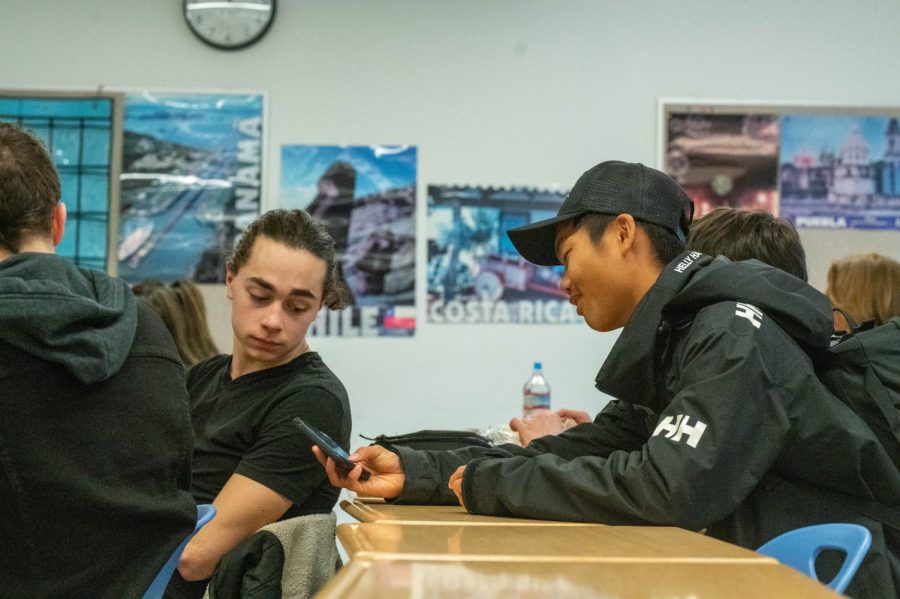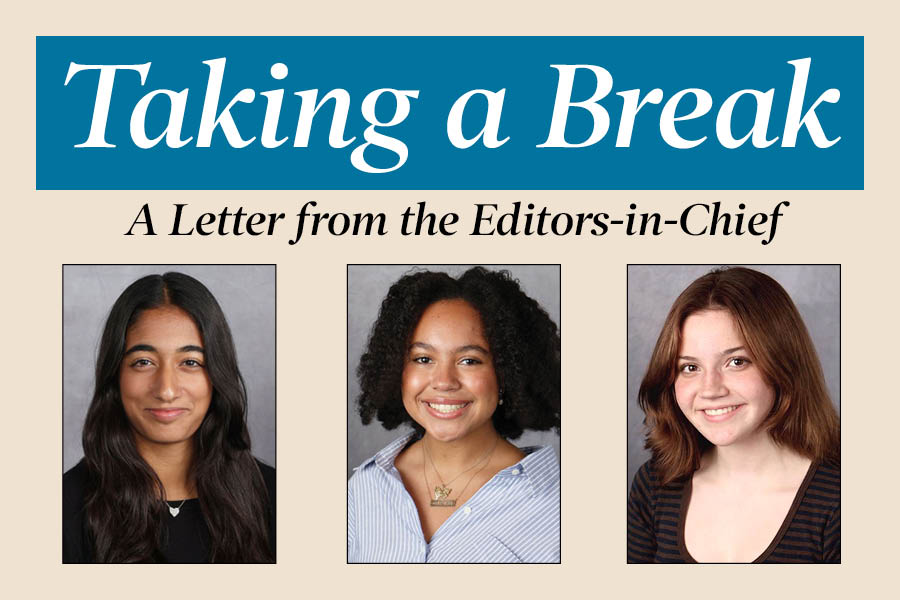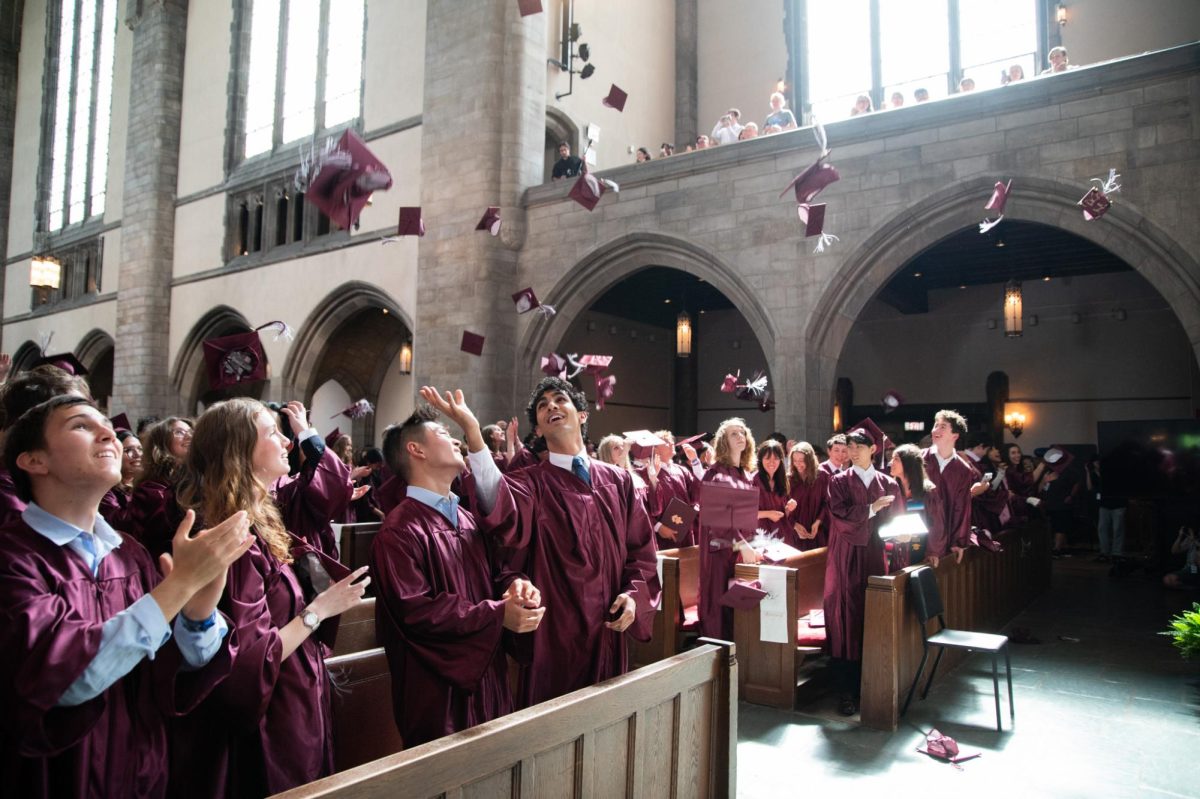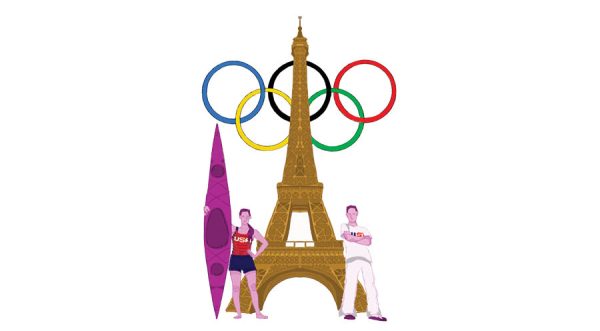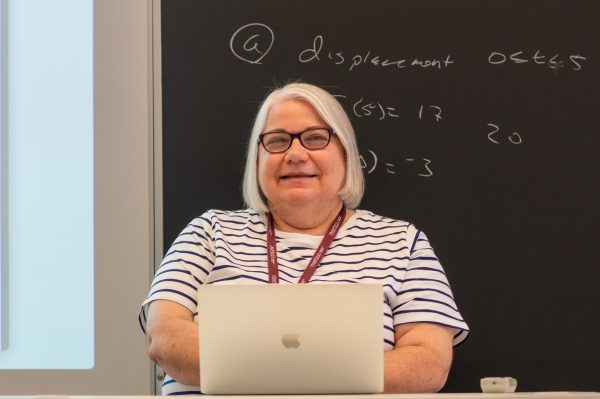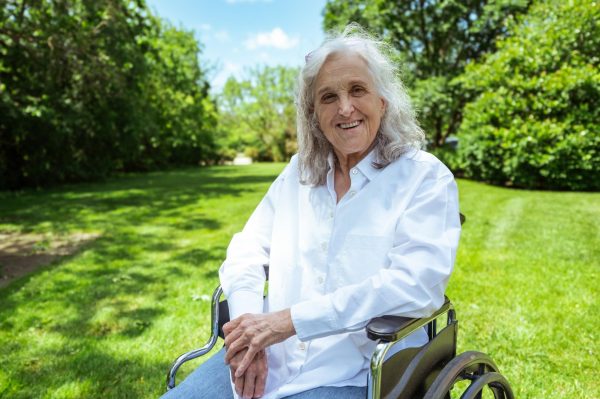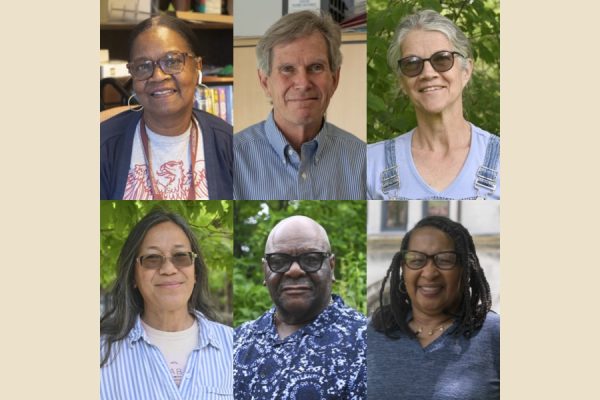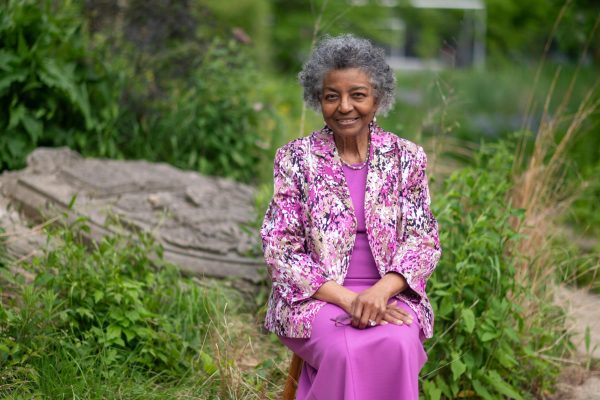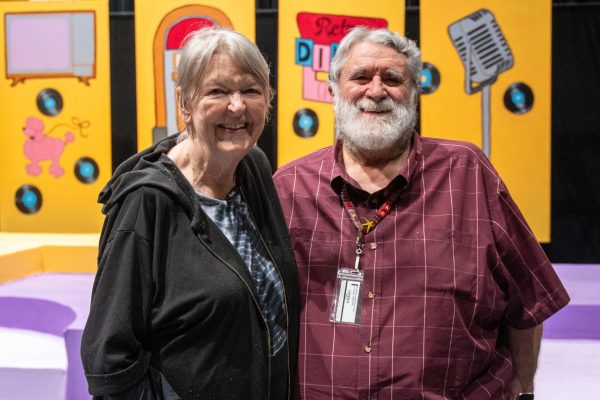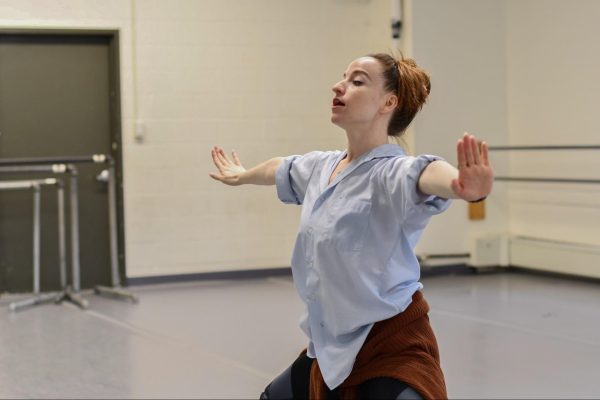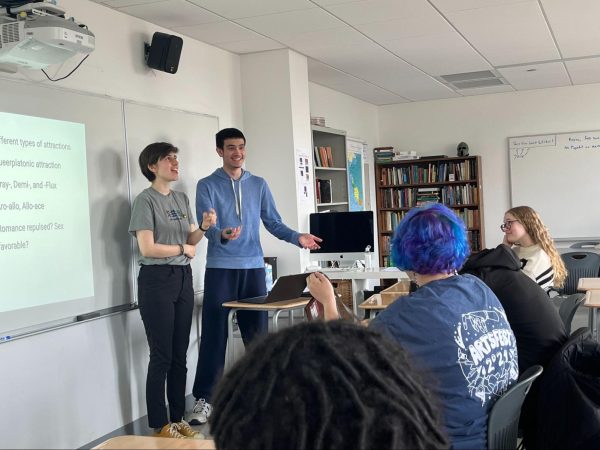Club embraces conflict, conversation
SWAPPING IDEAS. David Ren, a junior, tilts his phone to share a thought with junior Lincoln Richardson. Despite discussing controversial topics, Political Discourse Club leaders try to maintain a space where people can debate without fear of being censured for their ideas. David Ren is a student in Beginning Journalism and was not involved in reporting for this story.
January 25, 2023
Raised hands wave wildly to be answered and loud voices clamor over one another as a pointed question ignites fierce disagreement. There is palpable energy emanating from room C406 on Tuesday at lunch as a new club embraces its oppositional nature as part of its identity.
School clubs often bring like-minded individuals together, yet the Political Discourse Club has found camaraderie through unlikely means: allowing students to debate against one another over controversial topics. Sometimes there’s unanimous agreement, while other times discussions about issues pit classmate against classmate, but club members agree that this space of unrestricted debate is a refreshing and conducive place for personal growth.
Co-presidents Cassia Collins and Rathin Shah, both juniors, created the club this year because they recognized a growing interest in politics and world events among their peers.
“I just feel like we’re living in a very political time,” Cassia said. “There was this phase where everything just got so political, and [everyone] had to be in the know about politics. And so we ended up just talking about it a lot.”
According to her, many of her peers feel there aren’t enough spaces to talk freely and honestly about controversial issues in the school, and she wanted to address this frustration by providing an outlet for discussion.
“And then there’s, like, this collective frustration, I feel when you’re speaking about things — everyone’s worried about saying the wrong thing, and politics just come up in every discussion,” she said. “I think we’re just trying to hold a space to be able to have discussion where people can just sort out their ideas and kind of spitball and not worry about saying the wrong thing.”
Ranging from ethical issues about mental health, race and gender to opinions on political theories and leaders, the club tackles one topic a week and welcomes a diverse range of stances. Meetings begin with a short background presentation given by Cassia and Rathin and then open up to the group for discussion.
“Then we say, ‘OK, so what do you guys think?’” Cassia said. “Sometimes it’s heated and very contested, and sometimes people don’t care as much.
Though discussions can often lead to heated disagreements, the club is still structured and has guidelines to behave ethically. Questions are moderated by the two club leaders, and attention is managed to prevent too many side discussions.
Junior Rory Gilbert appreciates the club format and the freedom it gives him to speak his mind.
“I like political discourse because it’s kind of like a student-run thing where we can speak our minds — and there’s really no judgment,” he said. “There’s also no teacher that’s in the corner where you got to watch everything you say.”
Even though there is an assumption these kinds of topics can get out of hand, Cassia said they’ve navigated the discussions well, and there haven’t been issues.
“Some people who go are usually fairly passionate about the topics, and sometimes they’ll end up carrying out their conversation outside of clubs,” she said. “But we basically just don’t want to discourage honesty … obviously, we don’t condone hate speech, but there is a big question mark at what point should you just keep it to yourself.”
The club also seeks to educate its members about the nuances behind often-misunderstood issues. It welcomes anyone, no matter how much prior knowledge or association someone might have to a certain topic.
“We’re trying to talk about things which are relevant and affecting everybody,” she said. “Because a lot of the time, what will happen is you’ll be having a conversation about bigger ideas and people point out very small examples, and not everybody has that vast amount of knowledge, so we try and keep it general.”
There is a strong emphasis on sticking with facts, and personal attacks and unsubstantiated claims are not what the club seeks to accomplish. Cassia said she and many others will often look things up and “just try and take facts into account.”
For junior Lincoln Richardson, the club is not only a space to learn from and challenge his peers but a place where he can engage unabashedly with his passions.
“I’m a huge fan of Political Discourse Club,” he said, “because I really love talking about politics, and it’s a great time overall.”



